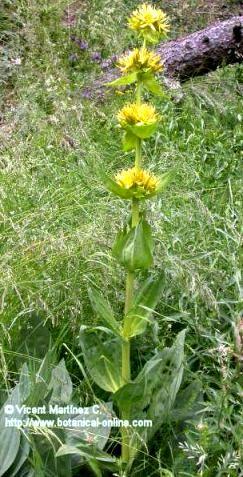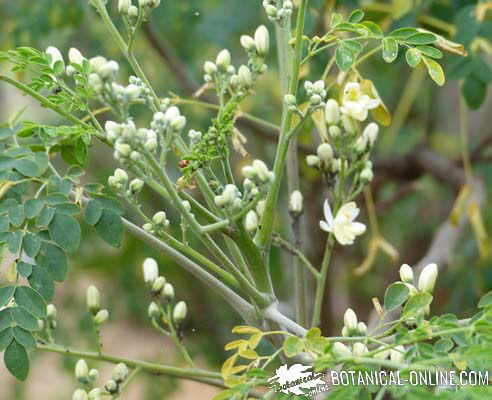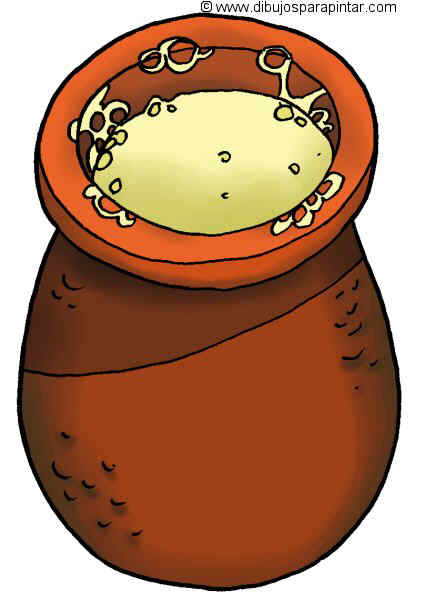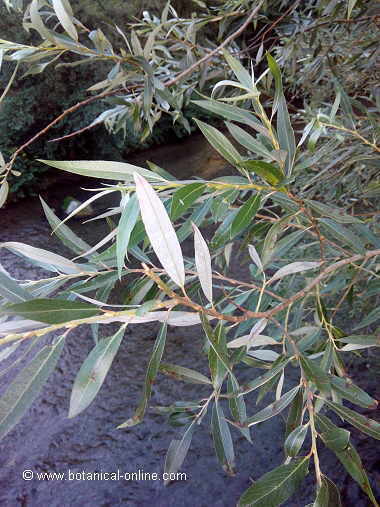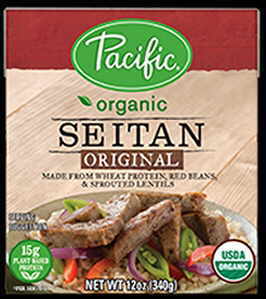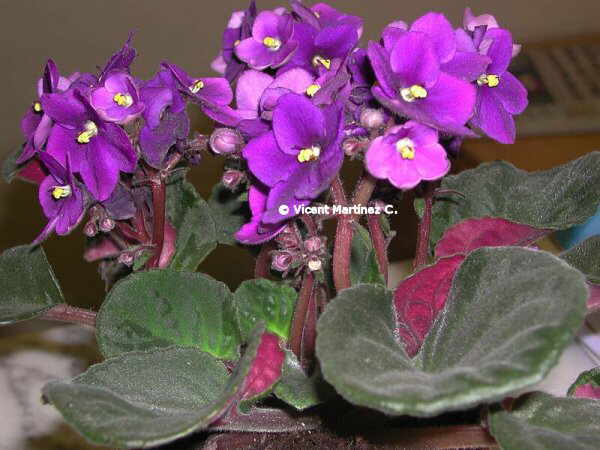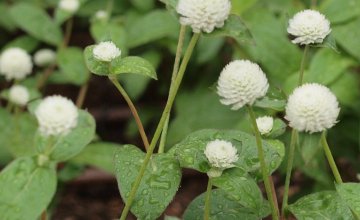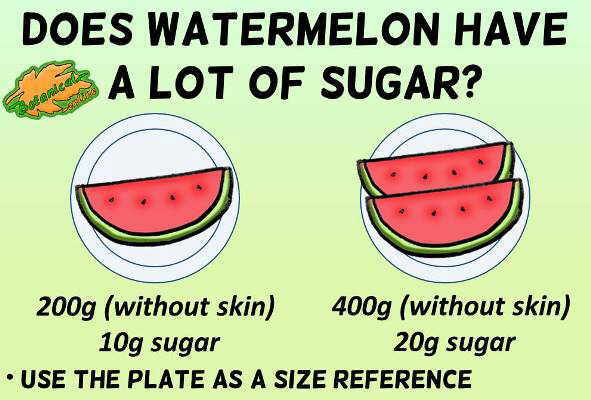Contents
- 1 Herbal remedies for hypothyroidism
- 1.1 NATURAL TREATMENT OF HYPOTHYROIDISM
- 1.2 Phytotherapy: Herbal remedies for the treatment of hypothyroidism
- 1.3 Medicinal preparations to treat hypothyroidism
- 1.4 Supplements for the treatment of hypothyroidism
- 1.5 Vitamin supplements for hypothyroidism
- 1.6 Minerals supplements for hypothyroidism
- 1.7 Other natural treatments:
Herbal remedies for hypothyroidism
NATURAL TREATMENT OF HYPOTHYROIDISM
Phytotherapy: Herbal remedies for the treatment of hypothyroidism
The natural treatment of hypothyroidism involves using a series of natural resources that can help improve the patient’s condition. Given its severity, appropriate treatment has to be necessary conducted by your doctor.
Phytotherapy in the treatment of hypothyroidism involves using some medicinal plants for the following purposes:
- Plants that help to increase the production of thyroxine.
- Plants that help to remedy the symptoms of hypothyroidism.
Medicinal preparations to treat hypothyroidism
Among the possible natural treatments we can point out:
- Walnuts (Juglans regia, Juglans cinerea, Juglans nigra) Walnuts, especially green nuts, contain components that stimulate the production of thyroid hormones. (Decoction of 4 nuts per liter of water for 20 minutes. Drink two cups daily. Eat fresh nuts or nut oils used raw in salads)

Gentian roots maceration with honey can be very helpful for hypothyroidism
- Gentian: (Genciana lutea) It is a good choice to increase thyroid hormone production. (Maceration at 0, 2% gentian root for a couple of days. Drain well and dissolve 400 gr. of honey. Drink a couple of little cups per day)
- Passion flower (Passiflora caeurulea) any of the symptoms associated with hypothyroidism (Depression, insomnia, headache, etc.) can be alleviated with the use of this plant. (Infusion of a couple of tablespoons of dried plant per half a liter of water. Drink a couple of small cups a day)
Supplements for the treatment of hypothyroidism
The use of supplements, supervised and accepted by the doctor, can be helpful in treating this disease.
These are specific products that are intended to stimulate the thyroid. We can mention the following:
- Fucus: (Fucus vesiculosus) By its iodine content and vitamins B and C, the algae is particularly suitable to produce more thyroid hormones (Take this seaweed preparations sold in pharmacies and natural stores. The usual dose is about 650 mg of powdered extract of this plant) See contraindications and toxicity in the complete study of the plant.
- Spirulina (Spirulina ssp.) (More information on the study of spirulina)
- Tyrosine: Ingestion of L-tyrosine may be required by prescription in some cases. (The usual dose for an addult is about 100200 mcg daily)
- Forskolin: This is an extract from the plant Coleus forskohlii that activates the production of the enzyme adenylate cyclase which, in turn, stimulates the production of many body hormones, including thyroid. (The normal diet is usually about 100 mg daily divided into two doses. (It is incompatible with antihypertensive drugs)
Vitamin supplements for hypothyroidism
– Vitamin C: It is an aid to regulate production of thyroid hormone, so it can be used both in cases of hypothyroidism and hyperthyroidism. (The usual dose is about 1000 mg daily)
– Vitamin B: Like vitamin C, is a good regulator of the thyroid reason why it is also used for hypothyroidism or hyperthyroidism. (The usual dose is one tablet daily of vitamin B complex)
Minerals supplements for hypothyroidism
The most important mineral for the proper functioning of the thyroid is iodine
Besides iodine, it is required to have adequate levels of copper, zinc, selenium and iron.
A blood test can indicate a deficiency of any of these minerals and the need to take some of them.
Other natural treatments:
In addition to herbal supplements and other natural resources, it may be interesting in the treatment of hypothyroidism:
- Diet: A good and suitable diet is essential for the treatment of thyroid problems.
In the case of hypothyroidism one should avoid foods that inhibit the production of hormones (goitrogens foods, like cabbage and all the cruciferous vegetables) and increase the foods rich in iodine, a mineral that stimulates the thyroid to increased production
![]() More information on hypothyroidism.
More information on hypothyroidism.

